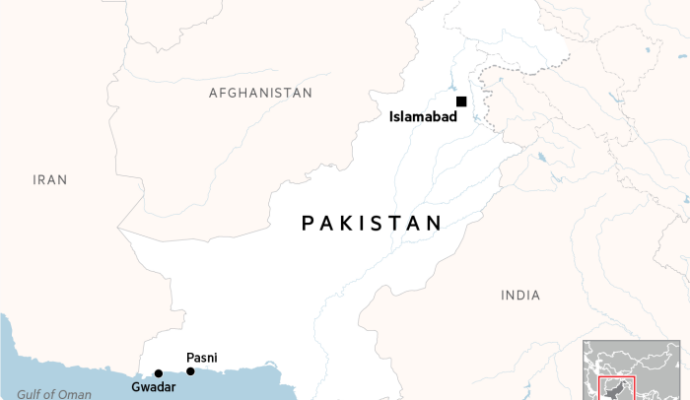Unlock the Editor’s Digest for free
Roula Khalaf, Editor of the FT, selects her favourite stories in this weekly newsletter.
Some of the world’s biggest investors including Norway’s oil fund and a Canadian pension giant have failed in a bid to push Samsung’s de facto holding company to increase dividends and share buybacks.
Shares in Samsung C&T closed almost 10 per cent lower on Friday after the reform effort led by activist investors failed, marking a setback for South Korea’s efforts to emulate Japan’s success in driving higher valuations.
The proxy battle was considered to be a test of Korean conglomerates’ commitment to a government-led corporate reform drive ahead of parliamentary elections next month.
Optimism over the country’s so-called Corporate Value-up initiative helped push South Korea’s benchmark Kospi index to a 23-month high earlier this week, as the country’s regulators vowed to encourage companies to improve chronically low valuations.
But activist investors were disappointed after the country’s National Pension Service sided with Samsung C&T’s management despite local and global proxy advisers recommending the proposals.
“What the NPS decision shows is that the ‘Corporate Value-up’ programme is little more than the government paying lip service to local retail investors,” said Ryu Young-jae, the founder of Korean proxy adviser SustInvest.
Out of a total of 159mn shares, Samsung’s ruling Lee family, other Samsung affiliates and the KCC Corporation — a long-standing Lee family ally — control approximately 80mn shares.
The majority of the remaining shareholders voted in support of a proposal to increase share buybacks. Another proposal to increase dividends gained the support of 39 per cent of the remaining shareholders.
Institutional investors that sided with the activist proposals include Norway’s sovereign wealth fund, the Canada Pension Plan Investment Board, California Public Employees’ Retirement System and the California State Teachers Retirement System.
“The outcome of the annual general meeting reflects significant minority shareholder support for greater shareholder returns,” said James Smith, founder of Samsung C&T investor Palliser Capital and former head of Elliott Management’s Hong Kong office.
“We believe the message is clear that the status quo is no longer acceptable,” Smith added. “By declining to implement long-term solutions, the company . . . is stifling its ability to deliver value to all stakeholders, including pensioners and Korean society at large.”
Samsung C&T’s management, which is offering half the dividend payout that minority shareholders were calling for, has described the activist demands as “excessive”, arguing they would constrain the company’s ability to invest for long-term growth.
Reform advocates argue that poor corporate governance has been at the heart of the so-called “Korea discount”, with the Kospi index for years trading at least one-fifth below the valuation of comparable markets on a price-to earnings basis. The Lee family controls tech giant Samsung Electronics through Samsung C&T and its complex cross-shareholding structure.
About two-thirds of companies listed on Korea’s flagship Kospi index trade at a price-to-book ratio of less than one, meaning the market values them below the stated worth of their net assets. Samsung C&T trades at a discount of more than 50 per cent on its net asset value.
The South Korean government is keen to replicate Japan’s success in raising stock valuations. But its proposals to boost valuations including tax incentives for businesses prioritising shareholder returns have been criticised for a lack of details and means of enforcement.
